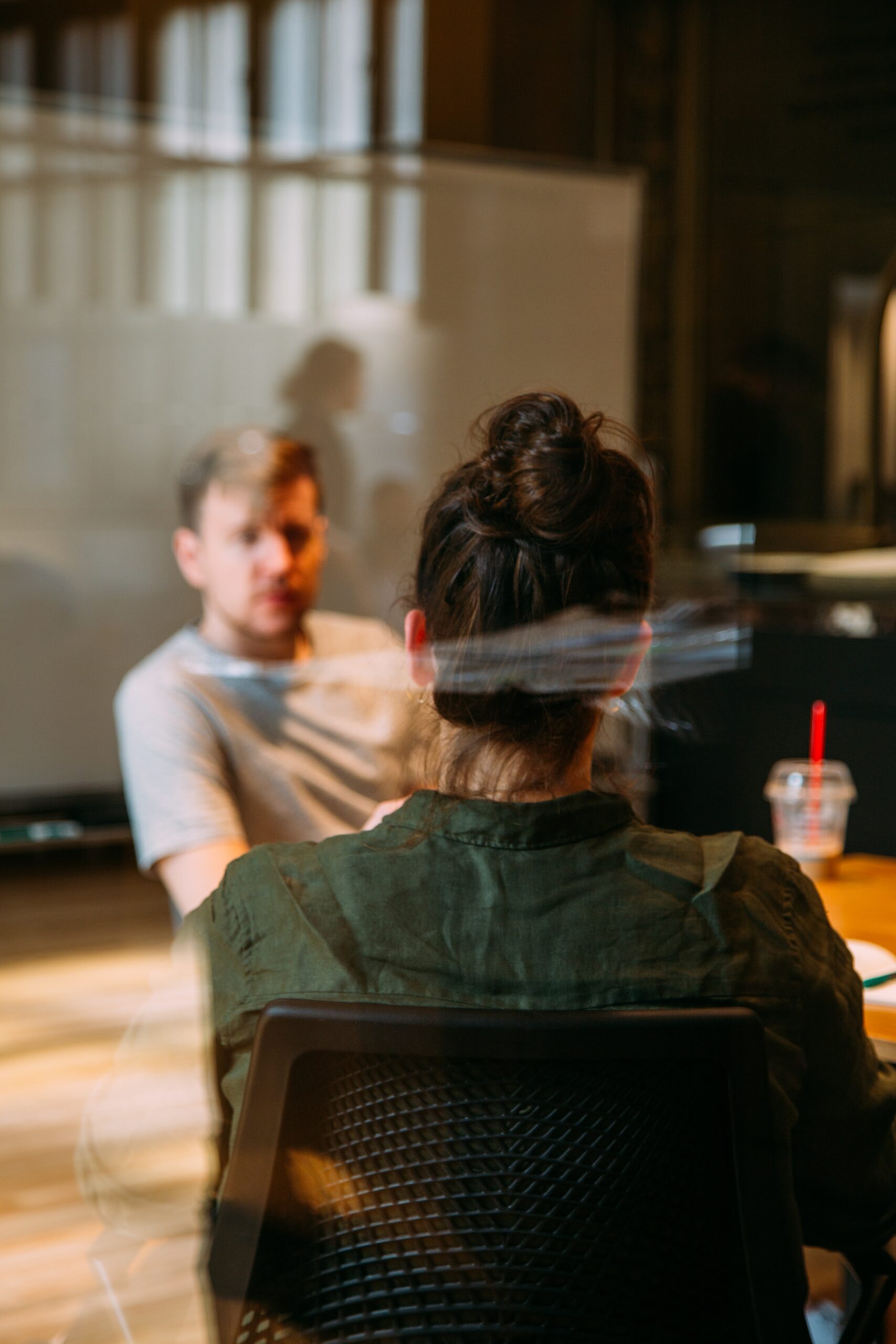Interactive Mindfulness Coaching that supports your happiness.
What to Expect
- An experienced Coach who is focused on the happiness and life goals that matter to you
- A guide who can help you explore the Unified Mindfulness System
- Clear instruction that doesn’t leave you confused so you’ll understand exactly ‘How it Works’, ‘Why it Matters’ and ‘What to Do’
- A skills-based framework that helps you make the most of your practise
- An in-depth understanding of the Unified Mindfulness Signature Technique
- A range of 40 standard techniques to discover and explore
- The Attentional Skills of Mindfulness and how to practise and develop them
- Unique approaches to taking Mindfulness into your whole day to enhance focus, presence and fulfillment
- Strategies to manage stress and anxiety and increase calm and focus
- What to watch out for in your practice so you can work with challenges that arise
- How to make the most of opportunities and rewards that arise from practise
Program Description
Our individual coaching is very interactive. Having a coach who really listens to your experience and your goals means they can help you make the most of your meditation practice.
A Coach knows that mindfulness, like the training of any skill, needs a clear framework to support skill development. They’ll show you ‘How it Works’, ‘Why it Matters’ and ‘What to Do’. This gives you the clarity you need to maximise the quality of your practice time in order to experience high quality benefits in a shorter period of time.
A Coach can offer you different ways to implement your mindfulness skills that are clear, easy to understand and designed to meet your particular situations and interests. When practice rewards appear a coach can suggest techniques and options to make the most of those opportunities. When challenges arise in practice or in life they can help with mindfulness techniques and strategies here as well.
A Coach is familiar with the wide range of techniques available in the Unified Mindfulness System. This means you are more likely to find one or more that speak to you. Having options means that there are always new and interesting discoveries to make. As your practice grows and changes, a coach can help you find new and meaningful ways to continue to train your skills.
A Coach can help you build your own individual set of techniques and show you how to change and adapt the techniques you use over time based on your changing experience. They’ll help you make mindfulness practise an established habit and show you how to take mindfulness into your whole day.
